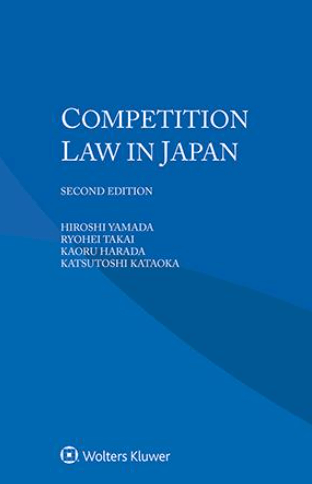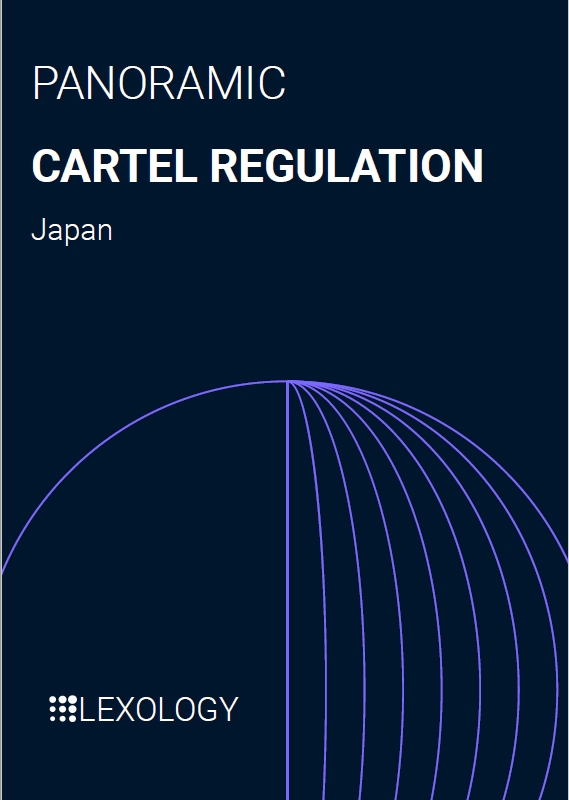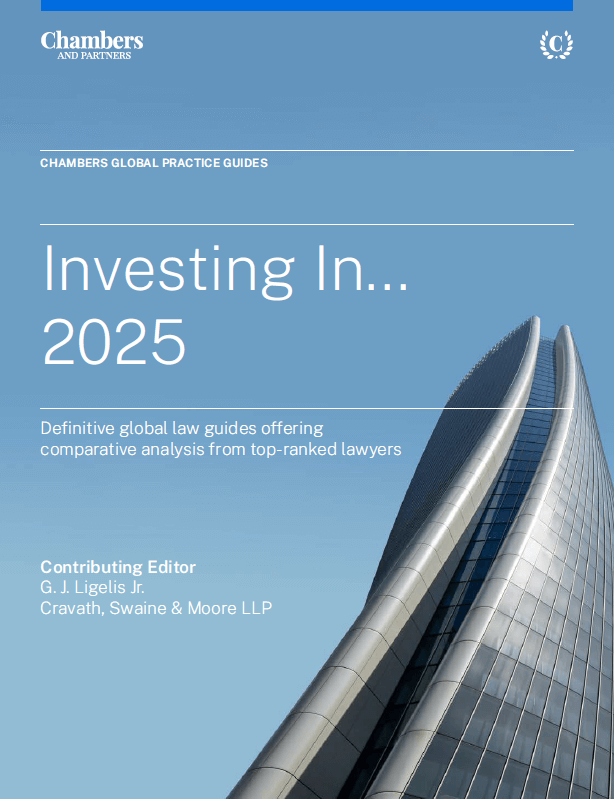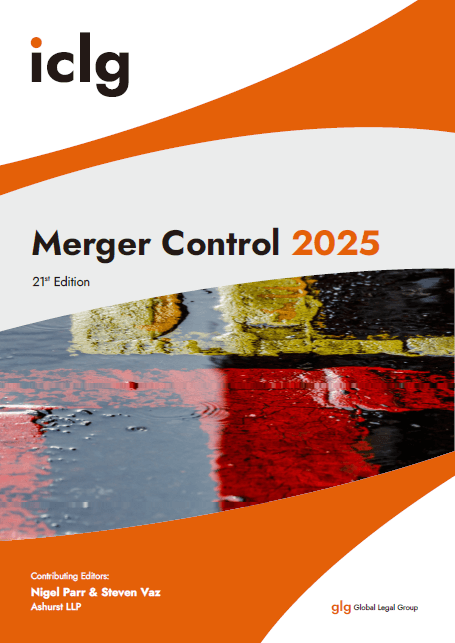
NO&T Asia Legal Review
In 2022, the revenue from the alcoholic beverage market in Thailand was worth USD 22,880 million approximately※1. Despite this, the market for alcoholic beverage in Thailand is dominated by a few players especially in the Thai beer market of which 93% market share belongs to duopolists※2. The rationale behind this market domination may be attributed to the qualifications to be met by the alcoholic beverage producers regarding the financial strength and technology on production which is of high standard and cost-intensive, making it economically difficult for new players, especially small and medium-sized breweries and distilleries to enter into the market.
However, on 8 June 2022, the House of Representatives has in principle approved the Draft of Excise Tax Act B.E… (“Bill”), introducing possibility to relax the eligibility and criteria for liquor production permit. This will grant small breweries and distilleries the ability to start their business in Thailand and encourage competition in the Thai alcoholic beverage market.
Basically, to produce alcoholic beverage in Thailand, producers are required to have a liquor production permit granted by the Excise Department. Presently, the eligibility and criteria of permit holders are stipulated in Section 153 of Excise Tax Act of 2017 (“Excise Act”) and Ministerial Regulation concerning Liquor Production Permission of 2017 dated 12 September 2017 (“Ministerial Regulation”).
However, if the Bill passes every stage of scrutiny in the Parliament, Section 153 of the Excise Act may be amended as follows:
| Excise Tax Act of 2017 | Draft of Excise Tax Act of… |
|---|---|
|
|
If the Bill becomes effective, the following criteria and conditions for production of alcoholic beverages for commercial purpose as stipulated under the Ministerial Regulation may be removed:
The Bill was accepted in principle by the House of Representatives on 8 June 2022. Presently, the Bill is under the consideration of the special committee and will be re-submitted to the House of Representatives for a resolution. If the House of Representatives accepts the Bill, it will be sent to the Senate for a resolution, processed for the Royal signature and finally published in the Government Gazette for enforcement.
The development of the Bill aims to lower threshold for applying for a liquor production permit. It is expected to be a first step to end a liquor production oligopoly in Thailand and open an opportunity for new breweries and distilleries to compete in the Thai alcoholic beverage market. We advise the current alcoholic beverage producers and investors to follow this development due to the impact it may have on this industry in the future.
*3
Clause 2(1)(a) of the Ministerial Regulation
*4
Clause 4(1)(b) of the Ministerial Regulation
*5
Clause 4(1)(a) of the Ministerial Regulation
*6
Clause 4(2) of the Ministerial Regulation
*7
Clause 4(5)(a) of the Ministerial Regulation
This newsletter is given as general information for reference purposes only and therefore does not constitute our firm’s legal advice. Any opinion stated in this newsletter is a personal view of the author(s) and not our firm’s official view. For any specific matter or legal issue, please do not rely on this newsletter but make sure to consult a legal adviser. We would be delighted to answer your questions, if any.


Kluwer Law International (April 2025)
Hiroshi Yamada (Co-author)


(January 2025)
Kaoru Hattori, Yoshitoshi Imoto, Ryohei Tanaka (Co-author)


(January 2025)
Shunsuke Minowa, Yothin Intaraprasong, Ponpun Krataykhwan, Nopparak Yangiam, Salin Kongpakpaisarn, Poonyisa Sornchangwat (Co-author)


(December 2024)
Ryohei Tanaka, Tsuyoshi Isshiki, Nobuaki Ito, Haruki Koyama (Co-author)


Kluwer Law International (April 2025)
Hiroshi Yamada (Co-author)


Tsuyoshi Isshiki


Masanori Tosu


Ichsan Montang, Anastasia Jessica Maureen (Co-author)


Supasit Boonsanong, Thananya Pholchaniko, Phareeya Yongpanich (Co-author)


Patricia O. Ko


Claire Chong, Nozomi Kato (Co-author)


Yuan Yao Lee


Supasit Boonsanong, Thananya Pholchaniko, Phareeya Yongpanich (Co-author)


Patricia O. Ko


Claire Chong, Nozomi Kato (Co-author)


Yuan Yao Lee


Supasit Boonsanong, Thananya Pholchaniko, Phareeya Yongpanich (Co-author)


Nopparak Yangiam, Parot Promkam (Co-author)


Shunsuke Minowa, Poonyisa Sornchangwat (Co-author)


Shohei Sasaki, Shunsuke Minowa, Poonyisa Sornchangwat, Kwanchanok Jantakram (Co-author)